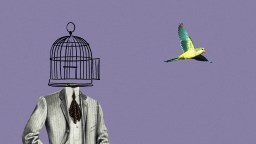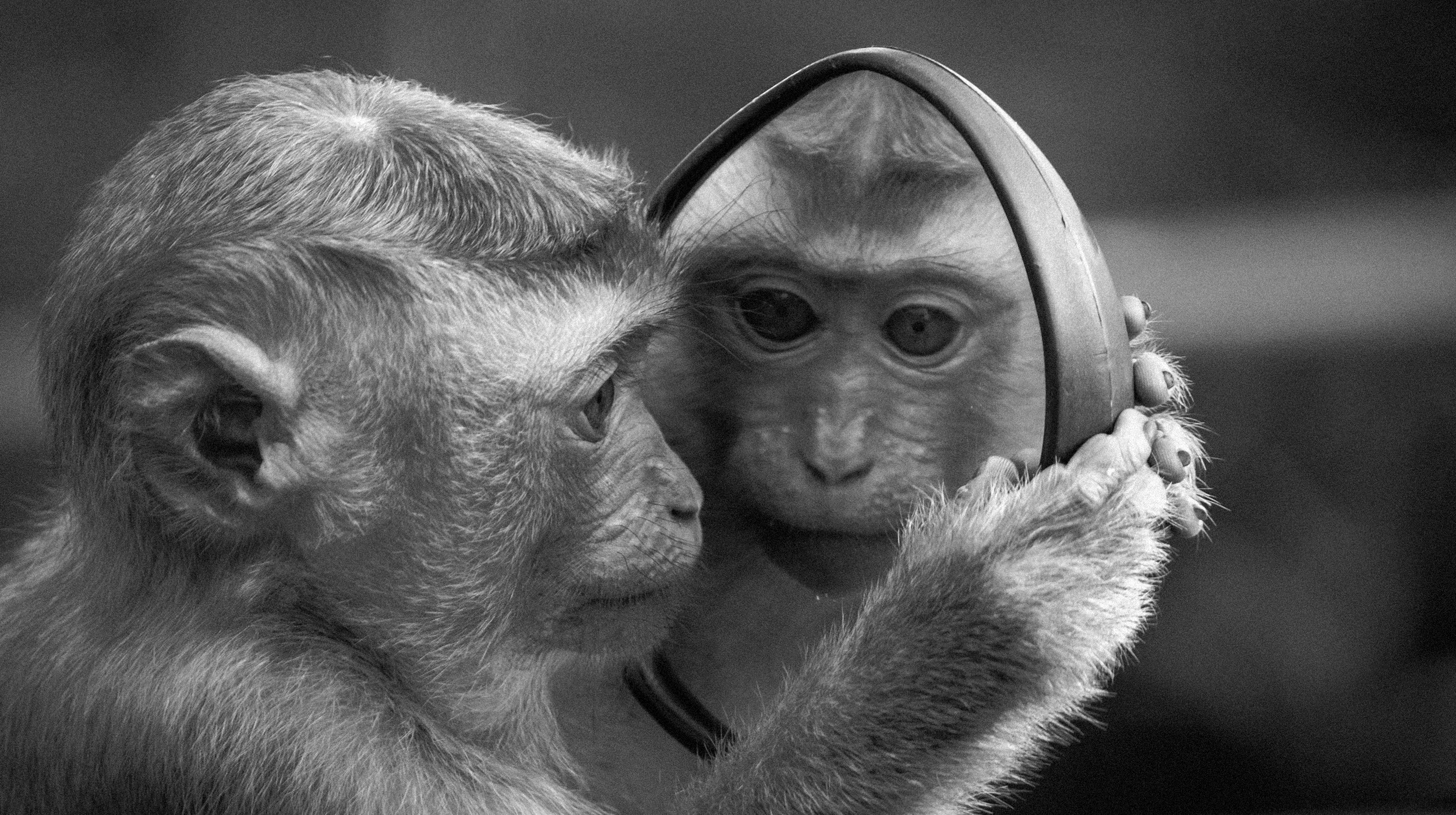neuroscience
The most mental game in existence no longer requires fingers.
A new study looks at how images of coffee’s origins affect the perception of its premiumness and quality.
New research reveals that the face can affect the shape of the brain through a complex “cross-talk” between the two structures.
Escaping the marshmallow brain trap.
▸
6 min
—
with
We can’t ask them, so scientists have devised an experiment.
Philosophers, theoretical physicists, psychologists, and others consider what or who is really in control.
▸
19 min
—
with
Researchers at the University of Illinois Chicago find that death triggers increased activity in certain brain cells.
Labeling thinkers like Albert Einstein and Steve Jobs as “other” may be stifling humanity’s creative potential.
▸
14 min
—
with
How our brains interpret computer code could impact how we teach it.
Scans show similar activity to what occurs when you think about yourself.
Next time you listen to scary campfire stories, sit with a friend who has aphantasia.
“The smell of fresh chopped parsley may evoke a grandmother’s cooking, or a whiff of a cigar may evoke a grandfather’s presence,” says author.
The present-moment awareness that stems from mindfulness practices may be the cost-effective tool that our society needs.
As patients approached death, many had dreams and visions of deceased loved ones.
New study suggests the placebo effect can be as powerful as microdosing LSD.
Contrary to what some might think, the brain is a very plastic organ.
After 20 months, scientists find lab-dish brain cells matured at a similar rate to those of an actual infant.
New studies show that some people can hear and respond to questions while dreaming.
They did really well considering joysticks are not designed for oral use.
From baboon hierarchies to the mind-gut connection, the path to defeating depression starts with understanding its causes.
▸
23 min
—
with
Scientists observe how the halves of the brain keep us informed about everything everywhere.
How much of this can be linked to genetics?
New research from MIT is unintuitive but could lead to a better system.
A recent study showed that monkeys can make logical choices when given an A or B scenario.
The Defense Advanced Research Projects Agency (DARPA) recently issued $8 million in follow-up funding to a team of neuroengineers developing brain-to-brain and brain-to-machine technology.
Answering the question of who you are is not an easy task. Let’s unpack what culture, philosophy, and neuroscience have to say.
▸
12 min
—
with
Debating is cognitively taxing but also important for the health of a democracy—provided it’s face-to-face.
This small-scale study may have uncovered a new link between the peripheral nerve system and autism.
A powerful new tool lights up the brains of worms, and may soon help draw maps of other animals brains.
Some volunteers performed above chance. They weren’t the psychics.





























